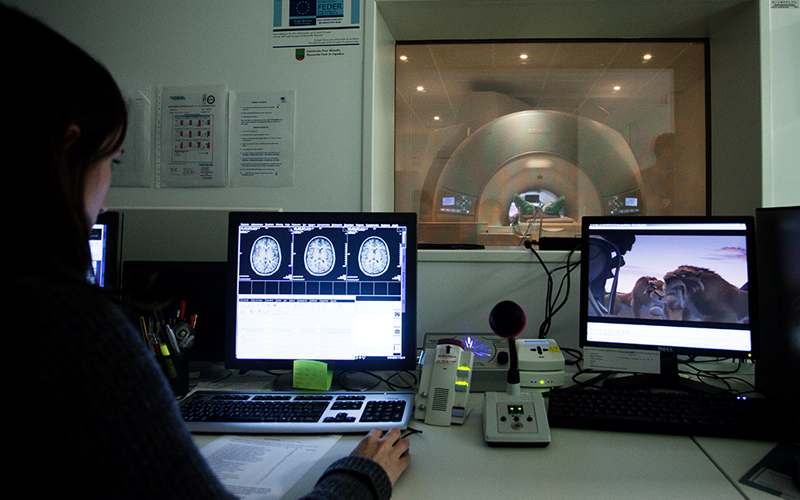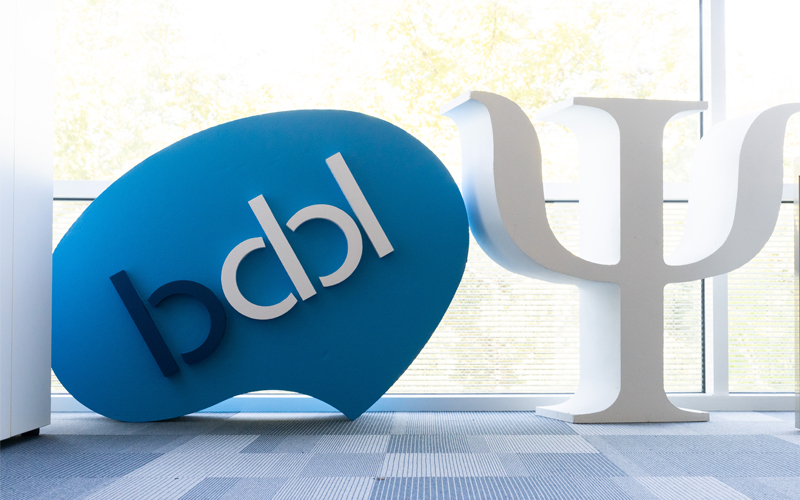
The power of bilingualism in reading development
Learning to read strongly depends on phonological development that is largely influenced by environmental factors.
BIBALANCE will investigate the extent to which the early acquisition of two phonological systems in early bilingualism impacts the organisation of the ‘phonological mind’ and determines the success of reading trajectories.
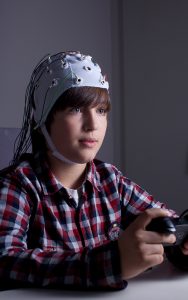 BIBALANCE will examine the mechanism of ‘hemispheric rebalance’ to explain the effects of bilingualism on reading acquisition. We will show that early bilingualism shapes brain dynamics by redistributing attentional weights across the hemispheres towards a highly connected system, and interacts with genetic risks of dyslexia, which is associated with poorly connected systems. BIBALANCE’s aim is to offer a mechanistic understanding of how these bilingual neural reconfigurations may sharpen phonological sensitivity and in turn increase the adaptability of the brain to high genetic risks of dyslexia.
BIBALANCE will examine the mechanism of ‘hemispheric rebalance’ to explain the effects of bilingualism on reading acquisition. We will show that early bilingualism shapes brain dynamics by redistributing attentional weights across the hemispheres towards a highly connected system, and interacts with genetic risks of dyslexia, which is associated with poorly connected systems. BIBALANCE’s aim is to offer a mechanistic understanding of how these bilingual neural reconfigurations may sharpen phonological sensitivity and in turn increase the adaptability of the brain to high genetic risks of dyslexia.BIBALANCE will establish bilingual hemispheric rebalance as an overarching mechanism that boosts resilience to dyslexia, showing that (i) it explains adaptive strategies across reading proficiency levels, (ii) it precedes and predicts the successful overcoming of reading challenges, (iii) it is relevant across development (before and after dyslexia diagnosis), and (iv) it has impact for remediation. Four work packages will address these challenges in parallel by testing 500 Basque-Spanish bilingual children on indices of bilingual exposure, genetic risks of dyslexia, hemispheric rebalance at the functional, structural, and behavioural levels, and finally, of phonology and reading.
If successful, BIBALANCE will achieve a major breakthrough in understanding how the ‘phonological mind’ is structured and molded to effectively overcome challenges during reading acquisition through a complex interplay between genes and environment. It also has the potential for unprecedented translational impact on clinical practice and education.
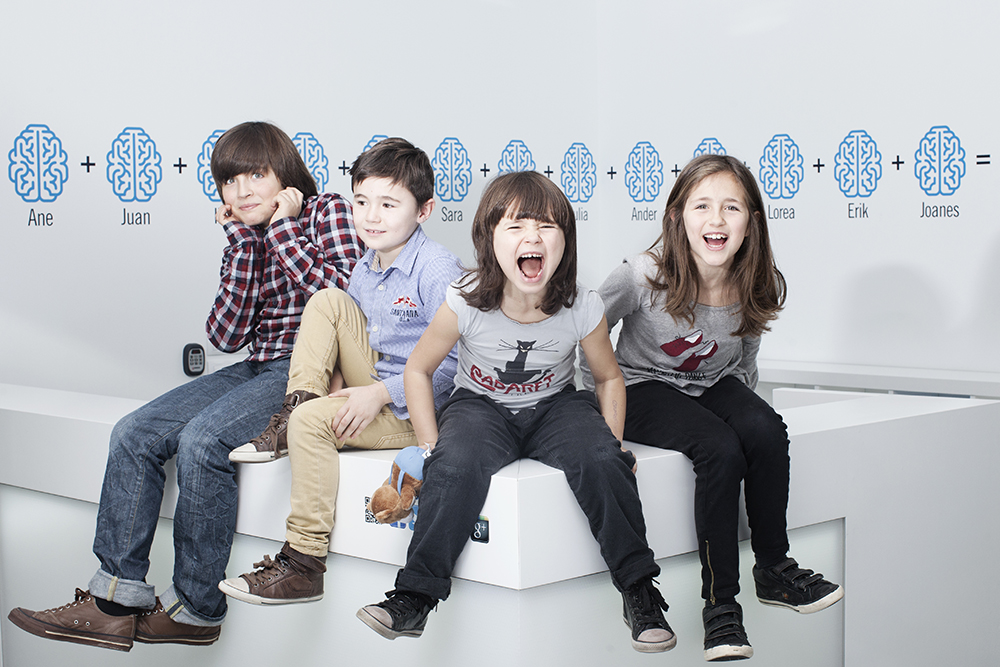
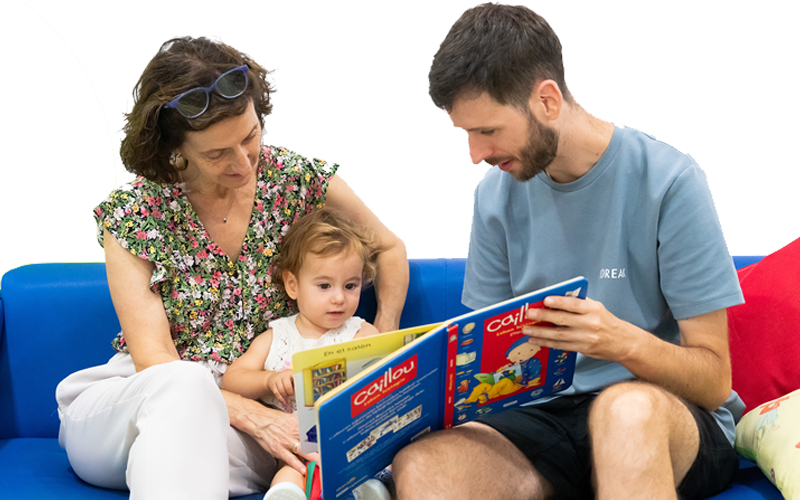
BILREADy: Uncovering the Neurocognitive Basis of Reading in Bilinguals
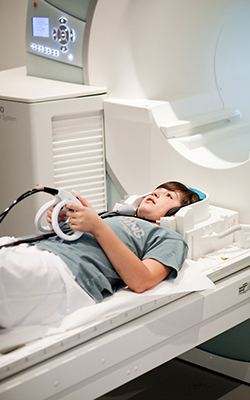 Funded by la Agencia Estatal de Investigación (AEI) we have the related project BILREADy which investigates how reading relies on early language, particularly phonological development. BILREADy examines whet
Funded by la Agencia Estatal de Investigación (AEI) we have the related project BILREADy which investigates how reading relies on early language, particularly phonological development. BILREADy examines whether early bilingualism, and the acquisition of two phonological systems, enhances reading acquisition by strengthening interhemispheric connectivity within the phonological network. Using complementary methods in hundreds of Spanish-Basque bilingual children and adults, we aim to uncover the neurocognitive mechanisms underlying reading development in bilinguals, which may explain especially strong reading trajectories and inform interventions and assessment tools tailored to language background.
